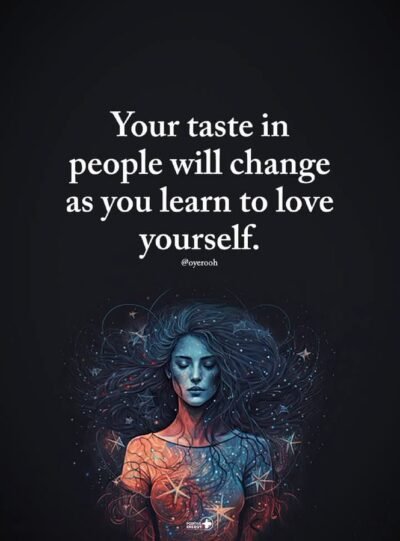In many justice-minded communities, we say the right things: 🟩 Believe Survivors.🟩 Abolish harmful systems.🟩 Center the most marginalized.🟩 Practic

In many justice-minded communities, we say the right things:
🟩 Believe Survivors.
🟩 Abolish harmful systems.
🟩 Center the most marginalized.
🟩 Practice accountability and restorative justice.
And yet—when someone is raped, abused, stalked, or harmed—even these spaces can fail them.
They speak up.
They name their harm.
They ask for safety.
They ask for distance from the person who hurt them.
And what happens?
🟥 They’re told they’re “disrupting unity.”
🟥 They’re pressured to “restore” with someone still causing harm.
🟥 They’re told “carceral logic” is the real enemy—not the man who assaulted them.
🟥 They’re warned that protecting themselves could “feed the system” we’re all fighting against.
The language sounds radical. But the result is painfully familiar:
Survivors are silenced.
Victims are made into problems.
Abusers are offered empathy, context, and a chance to heal—while victims are told to shrink, stay silent, and think of the greater good.
Let’s be honest:
✖️ Some progressive spaces do not protect women.
✖️ Some organizing spaces protect abusers, especially if they are charismatic, “important,” or “part of the movement.”
✖️ Some communities confuse “restorative justice” with “forced forgiveness.”
Here’s what’s true:
A victim asking for protection is not upholding the carceral state.
A woman refusing to be in the same room as her abuser is not the one causing division.
A child speaking the truth is not the one breaking the circle.
Wanting someone to be held accountable is not the same as demanding punishment.
You cannot build a world of justice by sacrificing Survivors to maintain peace.
You cannot heal a community by ignoring the wounds still bleeding.
Autonomy should not come at the cost of community.
But community should never come at the cost of someone’s safety, dignity, or voice.
If we say we believe in justice,
then we must believe in it for the person harmed—not just the one who caused harm.